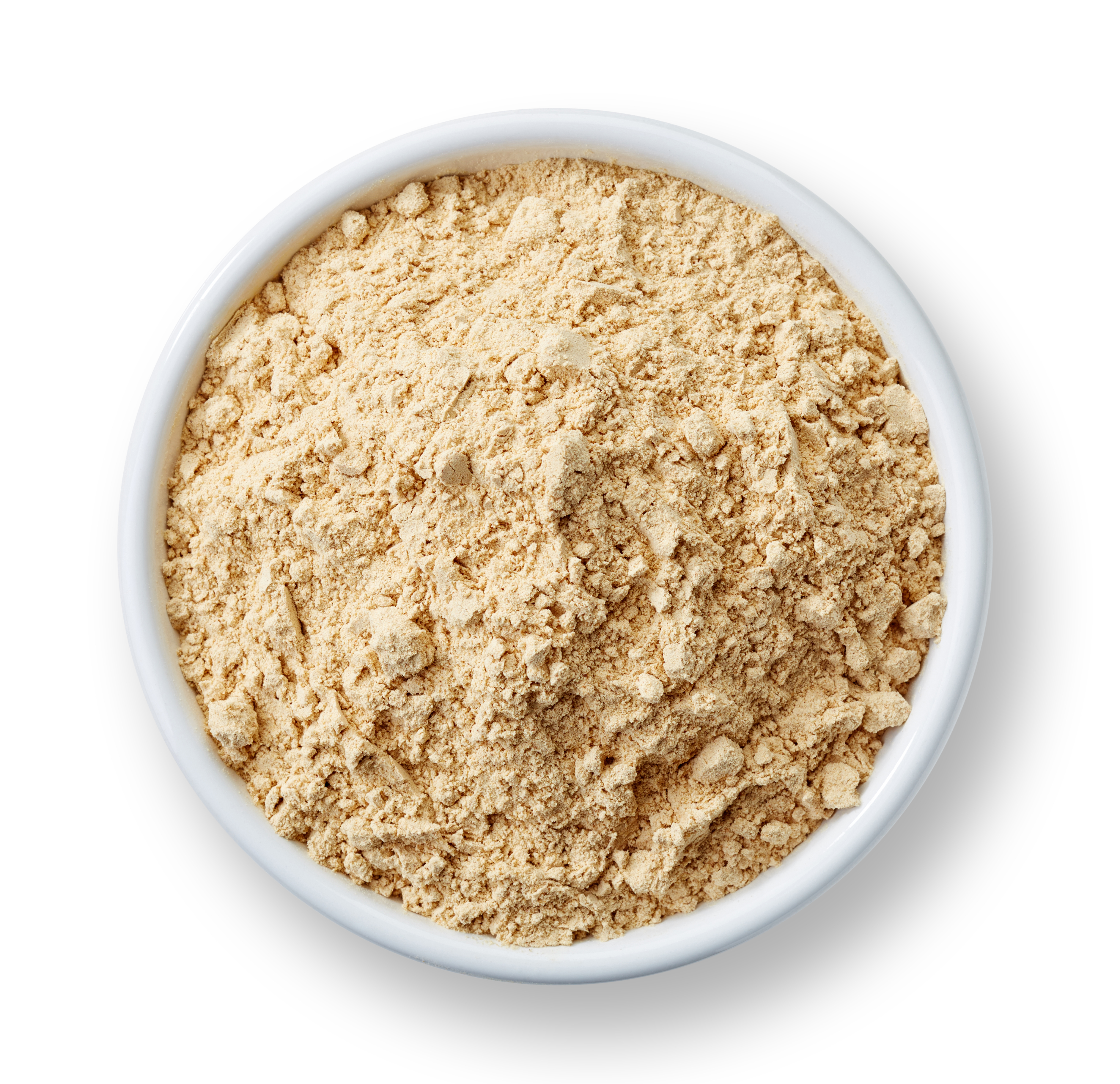Anthera’s Investigational Therapy Sollpura For Exocrine Pancreatic Insufficiency Due to CF Begins Phase 3 Clinical Trial
Written by |

Anthera Pharmaceuticals, Inc. is initiating a Phase 3 clinical trial entitled SOLUTION (Study of Oral Liprotamase Unit-Matched Therapy Of Non-Porcine Origin in People With Cystic Fibrosis) to investigate the use of Sollpura® (liprotamase) in patients with exocrine pancreatic insufficiency (EPI) due to cystic fibrosis. The study will enroll 130 EPI patients at more than 50 clinical locations throughout the United States and Europe in order to test the safety and efficacy of Sollpura.
“The initiation of the SOLUTION clinical study marks a critical milestone for Anthera,” said Dr. Colin Hislop, Chief Medical Officer of Anthera, in a news release. “With its solubility, stability, and absence of bulky enteric coating, we believe Sollpura has the potential to significantly improve the lives of people with EPI.”
SOLUTION is a non-inferiority study that will test Sollpura against the commercially available PERT in a patient population who have responded positively to PERT. In the study, the primary outcome will be change in coefficient of fat absorption, which is measured at baseline and again after up to 8 weeks of stabilized therapy. As a secondary outcome, patients will be monitored for adverse events in an 18-20 week time frame following the start of treatment.
The active comparator PERT is a porcine-derived, enterically-coated product. Sollpura is non-porcine derived, non-enterically coated composition. It is a powder containing three digestive enzymes: crystalline lipase, crystalline protease, and amorphous amylase. “We are extremely excited to advance the Sollpura development program, and today we have taken another step towards making a much needed treatment available for people who are unable to maintain appropriate nutritional health with existing enzyme therapies,” said Dr. Hislop.
Patients seven years and older will be enrolled in the study, and all must demonstrate a set minimum coefficient of fat when screened and while stable on PERT therapy. One of the benefits of Sollpura for these patients is that it may be easier to receive treatment. Whereas multiple enterically-coated pills may be difficult to swallow or cannot be administered due to gastric feeding tubes, Sollpura will be able to be solubilized in a variety of liquid and food products to administer to patients. Following the end of SOLUTION, Sollpura may be approved by the Food and Drug Administration for marketing to help treat patients with EPI due to cystic fibrosis.






